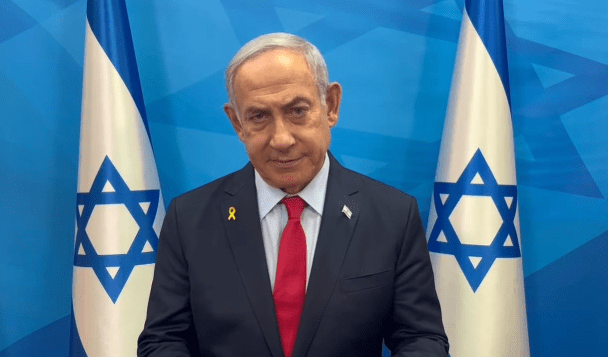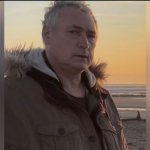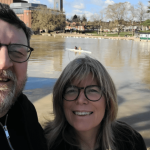The UK government has demanded a full investigation after Israeli forces fired warning shots near a diplomatic convoy travelling through the West Bank. The incident occurred in Jenin, with British diplomats among the group targeted.
Officials from France, Germany, Ireland and Turkey were also present. All parties have condemned the act, branding it dangerous and deeply unacceptable.
Footage captured at the scene shows diplomats gathering outside before scrambling for safety as gunfire erupted. Around 20 individuals were present, including two British representatives, all of whom were confirmed unharmed.
Foreign Office minister Hamish Falconer expressed his outrage. “I have spoken to our diplomats who were affected. Civilians must always be protected, and diplomats allowed to do their jobs. There must be a full investigation and those responsible should be held accountable,” he posted on X.
Today’s events in Jenin are unacceptable. I have spoken to our diplomats who were affected. Civilians must always be protected, and diplomats allowed to do their jobs. There must be a full investigation and those responsible should be held accountable.
— Hamish Falconer MP (@HFalconerMP) May 21, 2025
The reaction from the international community was swift.
- Ireland’s deputy premier Simon Harris denounced the shooting “in the strongest terms.”
- France’s foreign minister Jean-Noël Barrot confirmed he would summon the Israeli ambassador.
- Turkey accused Israel of showing a “systematic disregard for international law” and urged immediate action.
- Germany’s foreign office referred to it as “unprovoked gunfire,” adding: “We are fortunate that nothing worse occurred.”
The Israeli military has claimed the convoy “deviated from the approved route” and that soldiers fired warning shots to drive them away. An apology followed, with the IDF promising to contact all nations involved.
In response to the shooting and ongoing unrest, UK Foreign Secretary David Lammy unveiled new sanctions targeting:
- Prominent settler leader Daniella Weiss
- Two other individuals linked to violence
- Two illegal outposts
- Two organisations allegedly backing attacks on Palestinian communities
The move comes a day after the UK halted trade talks with Israel and summoned the Israeli ambassador to express dissatisfaction over the situation in Gaza.
Meanwhile, in northern Gaza, Israeli forces have surrounded two of the last operational hospitals—Indonesian and Al Awda—cutting off access and sparking humanitarian fears.
World Health Organization chief Tedros Adhanom Ghebreyesus warned that the region’s healthcare system is on the brink of collapse. Just 20 of Gaza’s 36 hospitals remain partially functional. In the north, aid workers fear they may shut down entirely.
Since the conflict began, nearly 700 attacks on medical facilities have been recorded, according to the WHO.
Israel maintains that Hamas uses hospitals for military purposes, though it has only substantiated a portion of these claims.
In light of the growing crisis, the UK has pledged an additional £4 million in aid to Gaza. The support will include:
- Essential medicines
- Clean drinking water
- Food parcels
Development minister Jenny Chapman, currently visiting Israel and the Palestinian territories, criticised the blockade. “The Israeli government’s failure to allow full humanitarian access to aid workers is abhorrent,” she said.
“Far too few trucks are crossing into Gaza. The UK is clear – Israel will not achieve security through prolonging the suffering of the Palestinian people,” She added.
Prime Minister Sir Keir Starmer echoed the urgency, calling for aid to reach Gaza “at pace”. Downing Street has not ruled out further sanctions on Israeli officials if restrictions and military operations continue.
Coinciding with the shooting in Jenin, Israel announced that 100 aid trucks—carrying flour, baby food and medical supplies—had crossed into Gaza via the Kerem Shalom crossing.
Despite this, aid delivery remains contentious. The UN says no meaningful aid has reached Palestinians since Israeli Prime Minister Benjamin Netanyahu claimed to lift an 11-week blockade.

At a press conference, Netanyahu rejected European pressure over Gaza and Jenin. “We have to complete the war,” he declared. “We are going to continue what is needed to end the war.”
Criticising Britain’s sanctions, Netanyahu said: “It’s a mark of shame that Britain is sanctioning Israel and not Hamas,” labelling the move as “absolutely horrible”.






